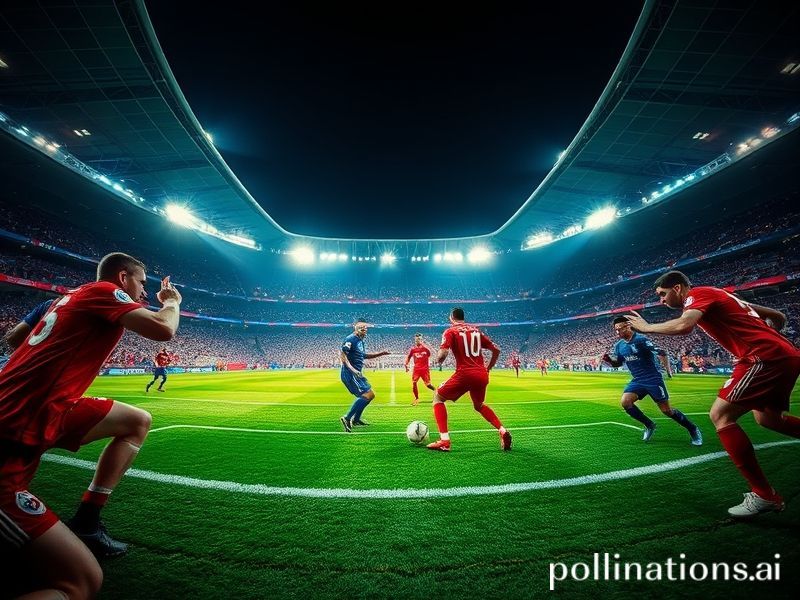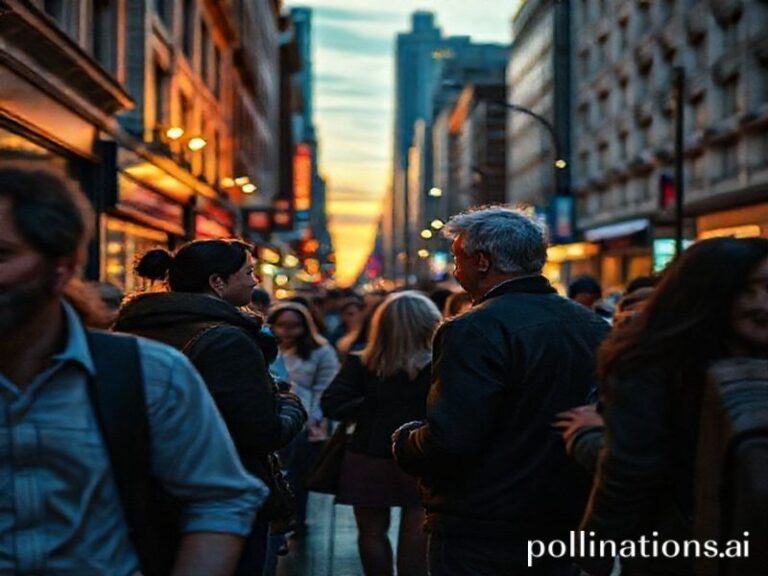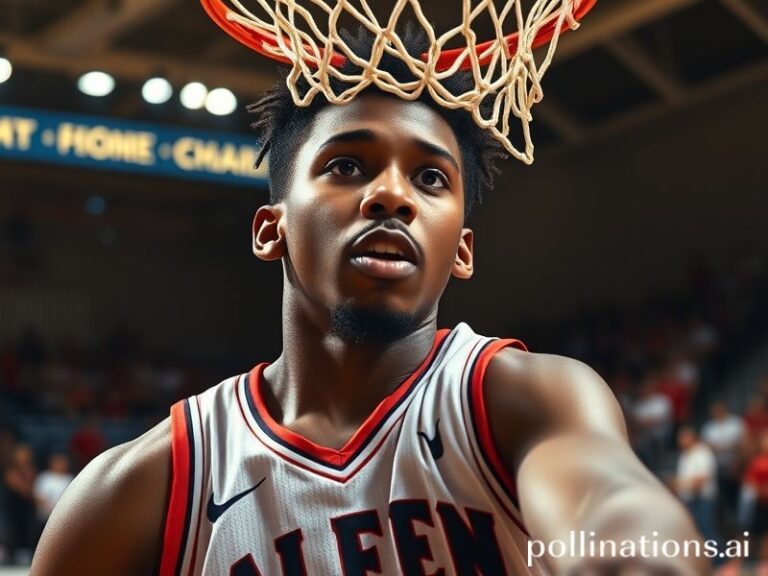bayern munich vs chelsea f.c. timeline
Bayern Munich vs Chelsea F.C.: A Timeline of Cosmic Irony, Financial Doping, and the Beautiful Game’s Slow-Motion Car Crash
By Dave’s Locker International Desk
19 May 2012 – Allianz Arena, Munich
In the city where beer halls still debate the existential merits of 0.5-litre vs 1-litre steins, Chelsea—managed by a man whose last name sounds like a minor Norse god—defeats Bayern on their own lawn in a penalty shootout. The planet’s television sets flicker from Lagos to Lima as Didier Drogba converts the winning kick, simultaneously bankrupting three Nigerian betting syndicates and sending a single tear down Vladimir Putin’s cheek (he had money on Bayern). It is the first time Roman Abramovich smiles since the collapse of the Soviet Union, and UEFA’s accountants celebrate the extra €60 million in “market pool” revenue that will soon be wired to the Cayman Islands. Somewhere in Basel, a compliance officer updates his LinkedIn to “open to new opportunities.”
2013-2019 – The Intermission Nobody Asked For
Bayern respond by hiring Pep Guardiola, who attempts to turn Bavaria into Catalonia with better sausages. Chelsea, meanwhile, cycle through managers faster than a Silicon Valley start-up burns venture capital. The clubs meet sporadically in Champions League group stages—the footballing equivalent of two ex-lovers nodding politely across a crowded UN General Assembly. Each tie is hyped as “revenge,” but in reality it’s just another Tuesday for the global streaming platforms that now treat human attention the way strip-miners treat mountaintops.
8 August 2020 – Empty Stadium Redux, Lisbon
COVID-19 has turned the planet into a giant waiting room. Bayern demolish Chelsea 4-1 on aggregate in a ghost-town behind-closed-doors “Final Eight” tournament. Without fans, the only sound is Thomas Müller giggling like a man who knows the Bundesliga’s 50+1 rule will protect him from the leveraged-buyout barbarians. The match is beamed into 200 countries where viewers watch on phones charged by diesel generators. Global GDP shrinks 3.5 % that quarter, but Bayern’s share price climbs 4 %. Somewhere in Davos, a thought-leader drafts a white paper: “The Pandemic as Strategic Growth Opportunity.”
5 April 2023 – Stamford Bridge, London
The clubs meet again in the Champions League quarter-finals, but Chelsea are now owned by a U.S. private-equity consortium whose due-diligence process apparently consisted of a Zoom call and a BuzzFeed quiz. Bayern win 2-0 on aggregate; Chelsea’s squad contains more attacking midfielders than the Italian parliament contains populists. Post-match, Graham Potter is sacked via WhatsApp voice note, the 21st-century equivalent of being broken up with by Post-it.
The Wider Implications: A Metaphor in Cleats
Every Bayern-Chelsea encounter is a miniature Bretton Woods for the attention economy. Broadcast rights ping between satellites like laundered crypto; betting apps harvest biometric data under the guise of “fan engagement”; and Qatari airlines emblazon their logos on sleeves while simultaneously buying carbon offsets the way teenagers buy Instagram followers. The timeline isn’t just a list of fixtures—it’s a ledger of soft-power IOUs.
When Bayern lift another trophy, Bavarian breweries sell more wheat beer in Chengdu. When Chelsea implode, the pound wobbles against the dollar for exactly 12 algorithmic trading seconds. And when both teams jet off to the Club World Cup in Morocco, the carbon footprint is politely offset by planting eucalyptus trees that will burn down next wildfire season.
Conclusion: The Eternal Return of the Same Sponsorship Deal
History, said someone who never watched the Champions League, repeats itself first as tragedy, then as farce, then as an NFT of the farce. The Bayern-Chelsea saga is now on its fourth or fifth loop, each iteration louder, richer, and more morally suspect. Somewhere in the metaverse, a digital Drogba is still slotting that 2012 penalty; somewhere in an oil-state boardroom, a consultant is already pitching “Bayern vs Chelsea: The Immersive Holographic Experience.” And we, the global audience, keep clicking, swiping, and doom-scrolling—because at least the agony of extra time is still more predictable than the agony of everything else.







